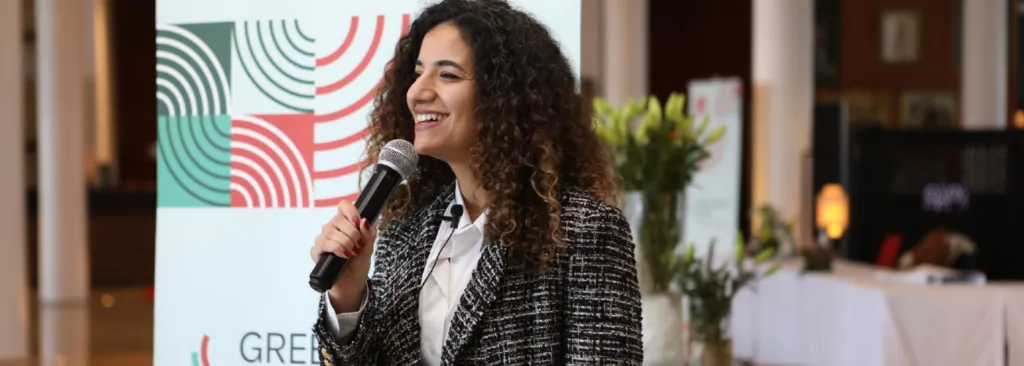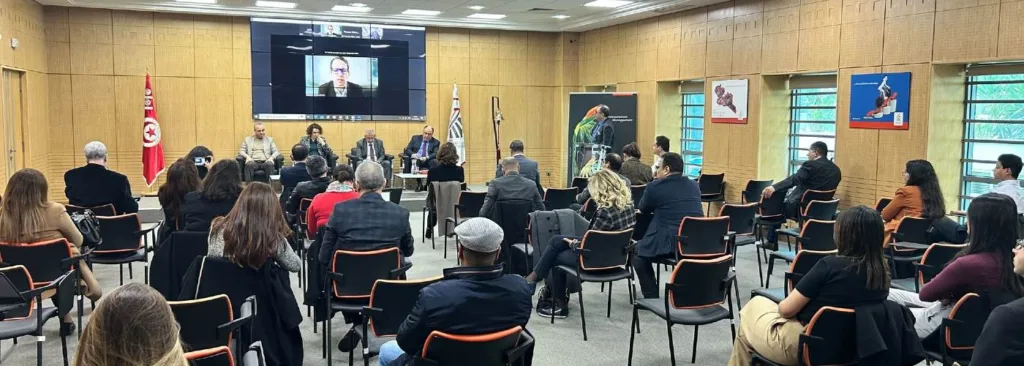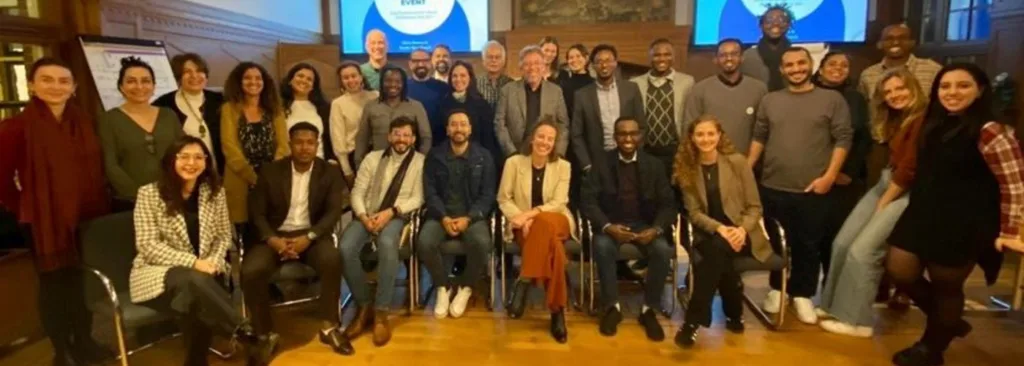This program has ended
With the Challenge Fund for a Just Transition we continue to contribute to climate change mitigation by supporting green Small and Growing Businesses (SGBs) in North Africa and providing sustainable decent jobs for more than 10.000 people in the region’s green transition process.
Creating jobs and boosting the green economy in North Africa
The GreenWorks Program, implemented by an alliance led by Hivos, contributes to climate change mitigation by creating sustainable business and job opportunities for more than 9000 young women and men in the green economy in North Africa.
Why climate change and economic development are connected
High unemployment and lack of financing opportunities in North Africa for small and medium enterprises prevent young people – particularly women and marginalized groups – from developing their full potential. At the same time, rising temperatures and sea levels associated with climate change are expected to set economic development in the region back many years. So we want to align local approaches to climate change with development efforts that address poverty, unemployment, sustainability and climate justice issues.
How GreenWorks will align the two
To this end, the program focuses on:
- supporting the creation of “innovation clusters” that enable businesses in the green and digital economies to scale
- enhancing the capacities of Business Development Support Organizations and Employability Hubs to create jobs and develop private sector activities beyond program support
- training youth in 21st-century skills to afford them economic opportunities in future-oriented green sectors
- enabling social enterprises operating in the green economies to scale their businesses and create new jobs
The GreenWorks Alliance is led by Hivos and consists of more than 15 members, amongst which incubators, accelerators, think tanks, vocational training institutes, and angel investment networks in Algeria, Egypt, Tunisia and the Netherlands.
Where
Egypt, Tunisia, Algeria






